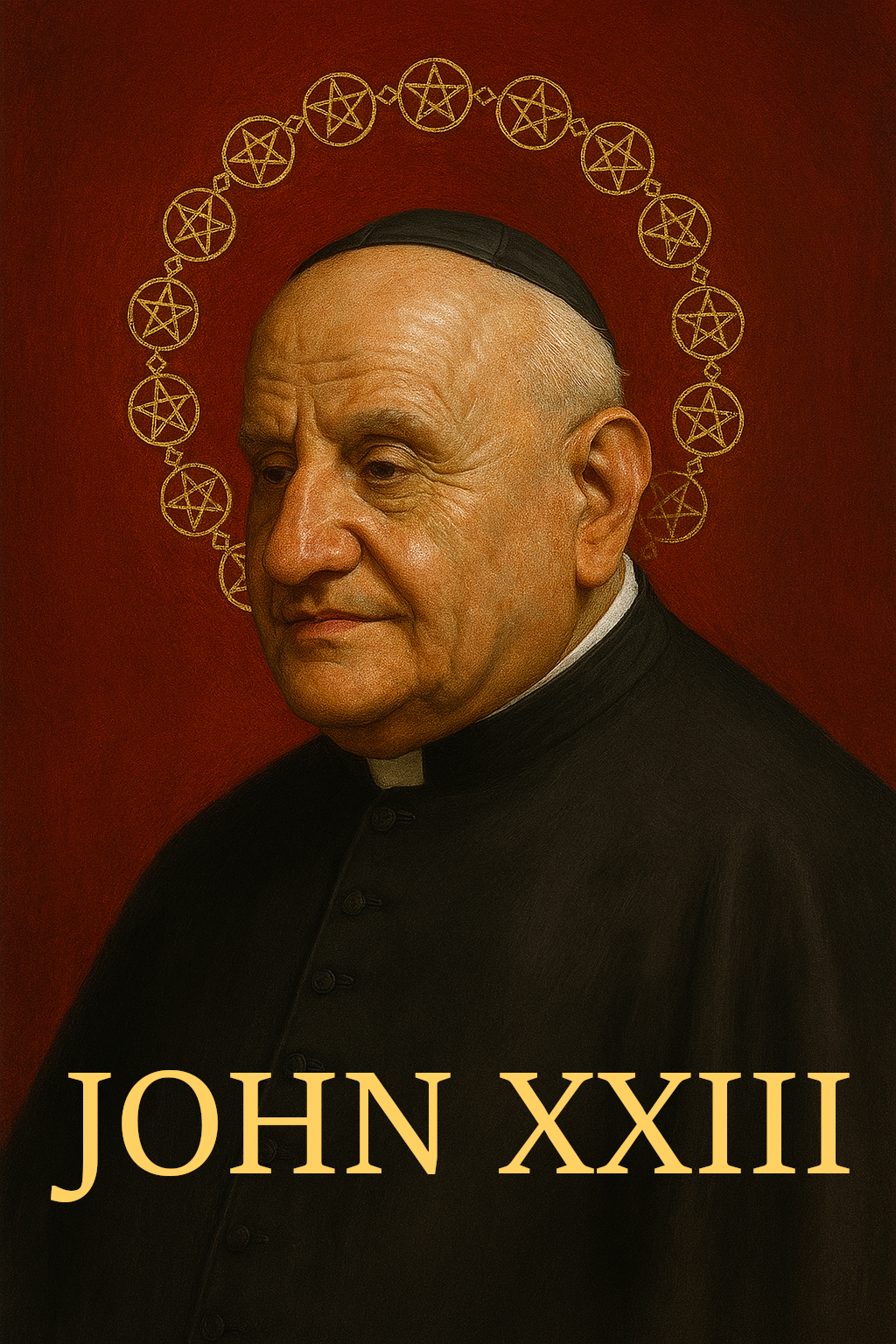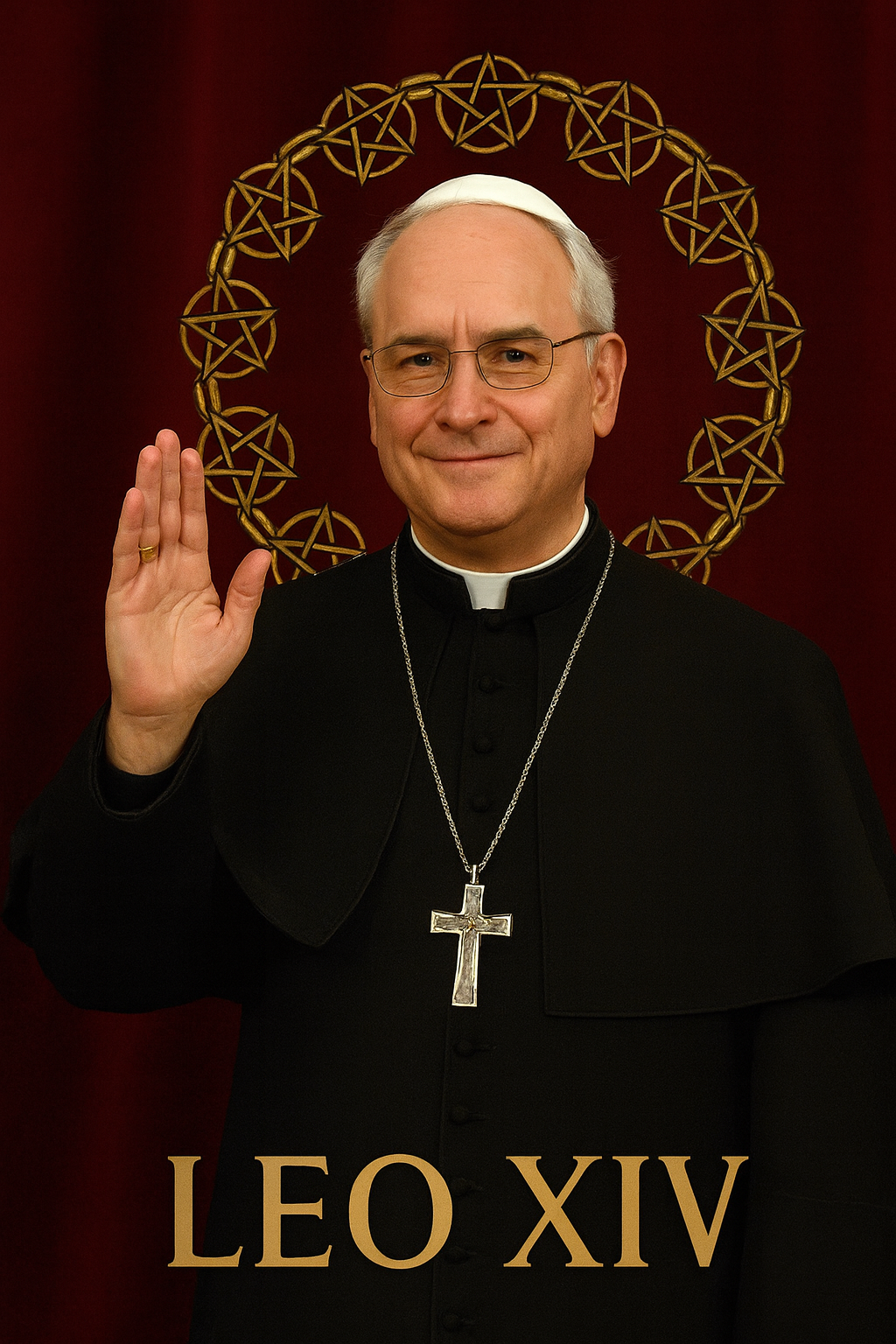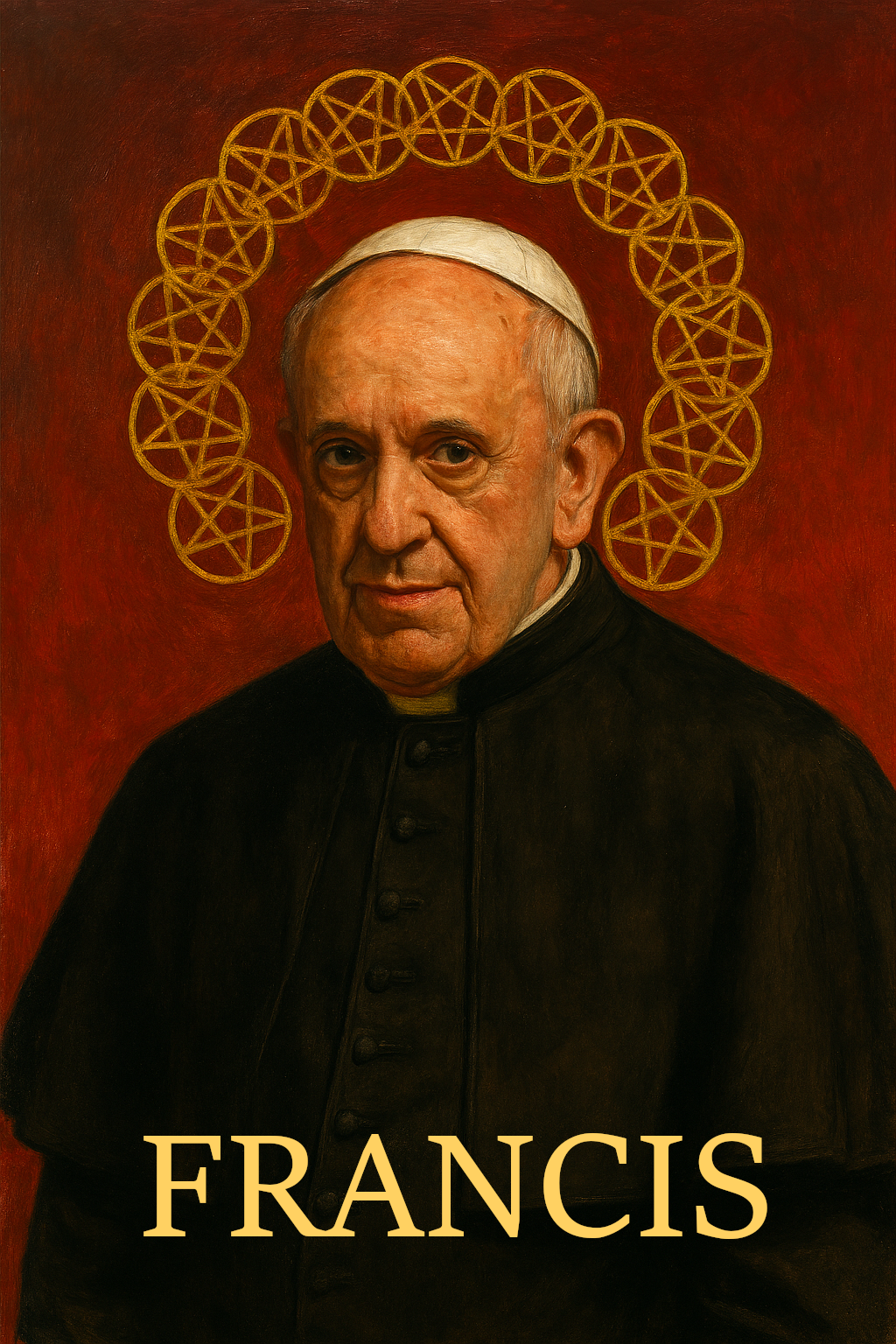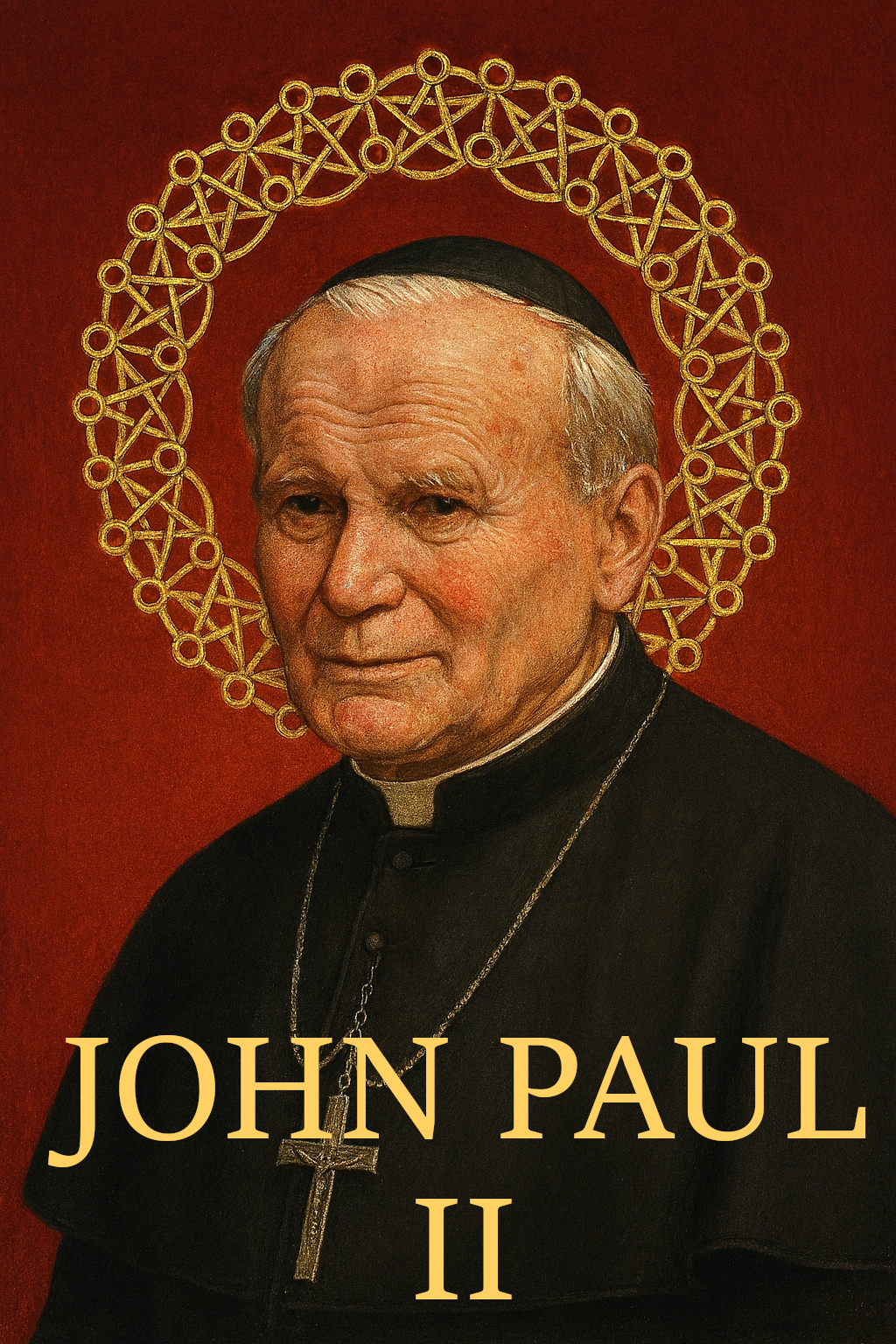Antipopes of the Antichurch



















Timeline of this heretical pontiff
Encyclical Letters
+ 15 posts1959
+ 7 posts1961
+ 4 posts1962
+ 2 posts1963
+ 2 postsApostolic Exhortations
+ 3 postsApostolic Constitutions
+ 93 posts1958
+ 6 posts1959
+ 87 postsMotu Proprio
+ 15 posts1958
+ 1 posts1959
+ 1 posts1962
+ 11 postsApostolic Letters
+ 151 posts1958
+ 4 posts1959
+ 63 posts1960
+ 78 posts1961
+ 1 posts1962
+ 4 posts1963
+ 1 postsSpeeches
+ 99 posts1958
+ 2 posts1959
+ 26 posts1960
+ 29 posts1961
+ 16 posts1962
+ 24 postsMessages
+ 6 posts1959
+ 4 postsHomilies
+ 4 postsLetters
+ 152 posts1958
+ 1 posts1959
+ 48 posts1960
+ 32 posts1961
+ 31 posts1962
+ 30 posts1963
+ 10 postsNot categorized
+ 1 posts1958
+ 1 postsNews feed


Libenter mox (1960.10.21)
In this Latin letter dated October 21, 1960, Giovanni Roncalli (John XXIII) appoints Cardinal Marcello Mimmi as his legate to a Marian Congress in Buenos Aires for the nations of both Americas. He praises the organizers’ zeal, expresses hopes for abundant “spiritual fruits,” invokes peace bound to social justice and “progress,” and commends confidence in the Blessed Virgin as patroness of victories and safeguard of public welfare. Behind the pious phrases, however, this text already displays the essential programmatic features of the conciliar revolution: subordination of supernatural religion to a naturalistic peace-and-progress agenda, Marian devotion severed from the rights of Christ the King and from the fight against error, and a diplomatic, horizontal rhetoric preparing the demolition of the integral Catholic order.


Epistula ad Iosephum Wendel (1960.08.21)
Dated 21 August 1960, this Latin letter of John XXIII addresses Joseph Wendel of Munich-Freising on the occasion of the XXXVII International Eucharistic Congress in Munich. It overflows with congratulations for organizational success, praises civil collaboration, speaks of the televised ceremonies “from beginning to end,” extols the visible devotion of the crowds and frequent communions, and expresses the hope that such gatherings will foster charity, concord, and peace among nations. It is precisely in this apparently pious, ceremonial text that we see laid bare the programmatic naturalism, ecclesial falsification, and desacralization that prepared and embodied the conciliar revolution.


Proximo mense (1960.07.05)
John XXIII’s Latin letter “Proximo mense” (5 July 1960) is a congratulatory address to Josef Frings on the 50th anniversary of his priestly ordination, praising his personal qualities, humanitarian initiatives, loyalty to the Roman See, and various ecclesiastical achievements in Cologne, while granting him the faculty to impart a plenary indulgence on the occasion.


Alta stirpe (1960.06.27)
The document is a brief Latin letter in which John XXIII appoints Richard James Cushing as his legate to preside at a national Eucharistic Congress in Piura, Peru, exhorting greater Eucharistic devotion, more frequent Communion, and an increase in priestly vocations, while invoking blessings for clergy and faithful gathered there. Its apparently pious language, however, conceals and normalizes the usurpation of authority by John XXIII and the conciliar revolution he was preparing, instrumentalizing Eucharistic devotion to reinforce a counterfeit hierarchy and a nascent neo-church detached from the unchanging doctrine of the Kingship of Christ and the true nature of the Church.
Varia
Announcement:
– News feed –implemented
– Antipopes separate web sites with their all documents refutation – in progress
